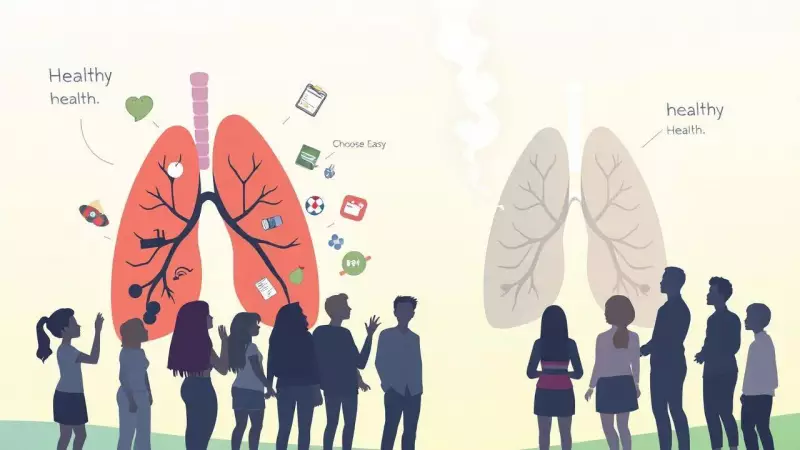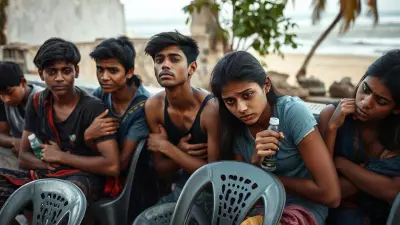
In a bold move to combat what officials are calling a "youth health emergency," the Mizoram government has launched an aggressive campaign to transform all educational institutions into tobacco-free zones. This urgent initiative comes as alarming new data reveals the northeastern state has the highest rate of tobacco use among young people anywhere in India.
The Disturbing Numbers Behind the Crackdown
Recent studies conducted by health authorities paint a troubling picture of tobacco consumption patterns among Mizoram's youth. The statistics show usage rates that have far exceeded national averages, prompting immediate action from state education officials.
"We cannot stand by while our young people develop life-threatening habits," stated a senior education department official. "The time for gentle reminders has passed - we need decisive intervention."
Comprehensive Strategy for Tobacco-Free Campuses
The state's multi-pronged approach includes several key components:
- Strict enforcement of no-tobacco policies within school and college premises
- Mandatory awareness programs about tobacco-related health risks
- Regular monitoring and compliance checks by education authorities
- Counseling and support systems for students struggling with addiction
- Community involvement initiatives to extend anti-tobacco messaging beyond school gates
Why Mizoram's Youth Are Particularly Vulnerable
Health experts point to several factors contributing to the high tobacco usage rates in Mizoram. The state's unique geographical position, cultural practices, and accessibility of tobacco products have created what some are calling a "perfect storm" for youth addiction.
Traditional forms of tobacco consumption, combined with modern cigarette smoking, have created dual challenges for health authorities. The education department's new initiative specifically addresses these local patterns of use.
Broader Implications for Public Health
This educational institution-focused approach represents a significant shift in Mizoram's public health strategy. By targeting schools and colleges, officials hope to create generational change that could ultimately transform the state's health outcomes.
"If we can break the cycle of addiction in our youth, we're not just saving individuals - we're potentially saving entire communities from tobacco-related diseases," explained a public health specialist involved in the planning.
The success of this initiative could provide a blueprint for other Indian states grappling with similar youth tobacco epidemics. Education officials across the region are watching Mizoram's experiment closely as they consider implementing similar measures.





